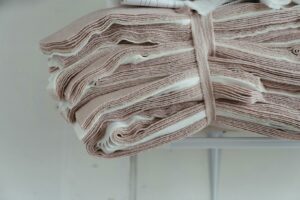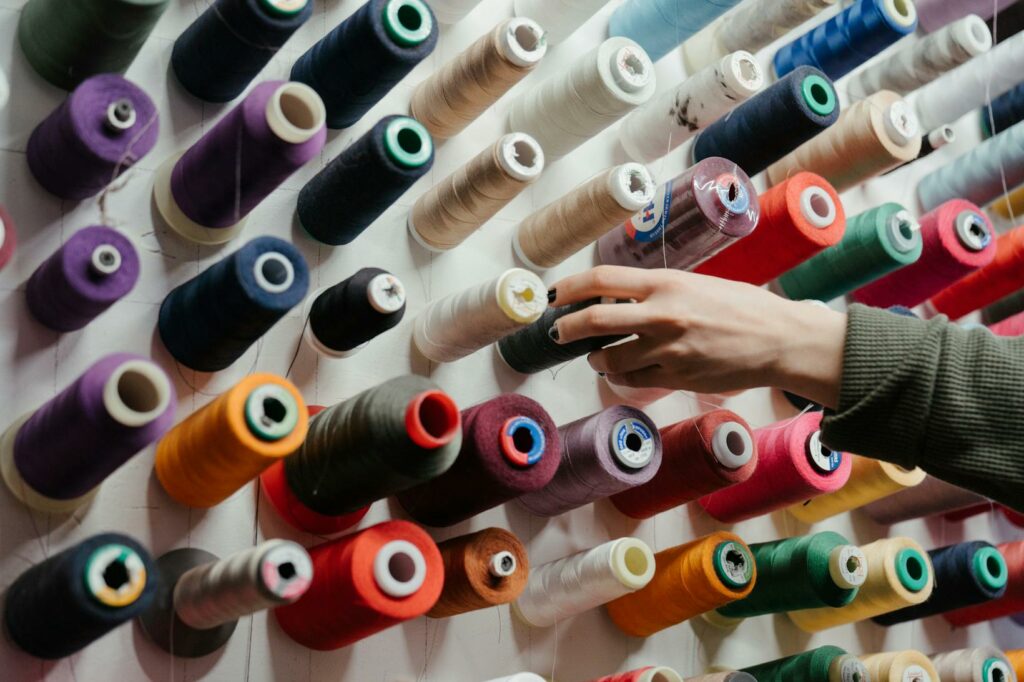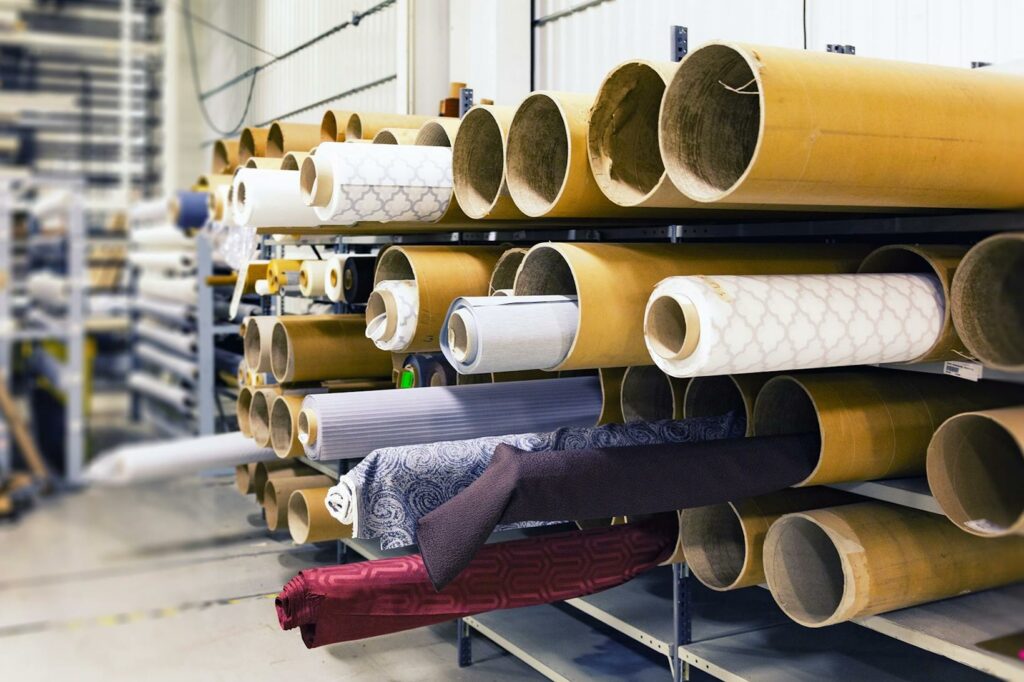Textile products play a vital role in our daily lives, encompassing a wide range of items that we interact with regularly. From the clothes we wear to the linens we use at home, textiles are an integral part of our existence. These products are not just functional but also reflect trends, cultures, and innovations in the industry.
 In this article, we delve into the world of textile products, exploring their significance, evolution, and impact on various aspects of society. Whether it’s the latest fashion trends or the advancements in sustainable textile production, there’s always something new and exciting happening in this dynamic sector.
In this article, we delve into the world of textile products, exploring their significance, evolution, and impact on various aspects of society. Whether it’s the latest fashion trends or the advancements in sustainable textile production, there’s always something new and exciting happening in this dynamic sector.
Join us as we unravel the threads of textile products and discover the intricate weave of creativity and craftsmanship that defines this fascinating industry.
Textile Products
Textile products play a crucial role in various aspects of daily life. They are not just functional items but also reflect cultural heritage and the latest industry trends. Exploring the diverse world of textile products reveals the blend of creativity and innovation that shapes this dynamic industry.
Types of Textiles
- Natural Fibers: Cotton, silk, wool.
- Synthetic Fibers: Polyester, nylon, acrylic.
- Blended Fabrics: Poly-cotton, silk-wool blends.
- Clothing: Shirts, pants, dresses.
- Household Items: Bedding, curtains, towels.
- Industrial Use: Car upholstery, medical supplies.
Innovation in Textile Production
Innovation plays a crucial role in shaping the landscape of textile production. From sustainable practices to cutting-edge technology integration, the textile industry is constantly evolving to meet the demands of the modern world.
Sustainable Textiles
Sustainable textiles focus on minimizing environmental impact throughout the entire production process. This involves using eco-friendly materials, reducing waste, and implementing ethical practices. For instance, organic cotton and bamboo fabrics are gaining popularity due to their sustainable cultivation methods and biodegradability.
Smart Textiles and Technology Integration
Smart textiles incorporate technology into fabric design, leading to advanced functionalities. These textiles can sense environmental changes, monitor health metrics, and even generate energy. For example, wearable tech garments with integrated sensors are revolutionizing the fitness and healthcare industries by providing real-time data to users.
Global Textile Markets
 Global Textile Markets encompass a vast network of production, consumption, and trade activities that drive the textile industry’s growth worldwide.
Global Textile Markets encompass a vast network of production, consumption, and trade activities that drive the textile industry’s growth worldwide.
The following subheadings shed light on the leading producers and exporters in this dynamic market landscape, as well as the latest trends and consumer demands shaping the industry.
Leading Producers and Exporters
- China: With a long-standing history of textile production, China remains a dominant force in the global textile market. Its extensive infrastructure, skilled workforce, and diverse range of textile products contribute significantly to its position as a top producer and exporter.
- India: Known for its rich textile heritage, India stands out as a key player in the global textile industry. The country’s traditional craftsmanship, along with modern manufacturing capabilities, enables it to offer a wide array of textiles to both domestic and international markets.
- Bangladesh: Emerging as a major hub for textile manufacturing, Bangladesh has witnessed substantial growth in its textile exports. The country’s competitive labor costs and increasing focus on sustainable practices have bolstered its position as a leading player in the textile market.

- Sustainability: As environmental consciousness continues to rise, the demand for sustainable textiles has gained momentum. Consumers are increasingly seeking ethically produced, eco-friendly textiles made from organic fibers and recycled materials.
- Digitalization: The integration of digital technologies in textile production has revolutionized the industry. From AI-driven design processes to blockchain-enabled supply chains, digitalization is enhancing efficiency, transparency, and customization in textile manufacturing.
- Customization and Personalization: In response to shifting consumer preferences, textile manufacturers are focusing on offering customizable and personalized products. From bespoke clothing options to on-demand textile printing, customization has become a key driver of consumer satisfaction.
Textile products play a vital role in daily life, blending functionality with cultural significance. From natural fibers to synthetic blends, the evolution of textiles continues to shape industry trends. Innovation drives sustainability and technology integration, meeting the demands of a global market. Care and maintenance are key to preserving textile quality and lifespan. By following manufacturer’s instructions and implementing proper cleaning and storage practices, individuals can enjoy their textile products for years to come.



